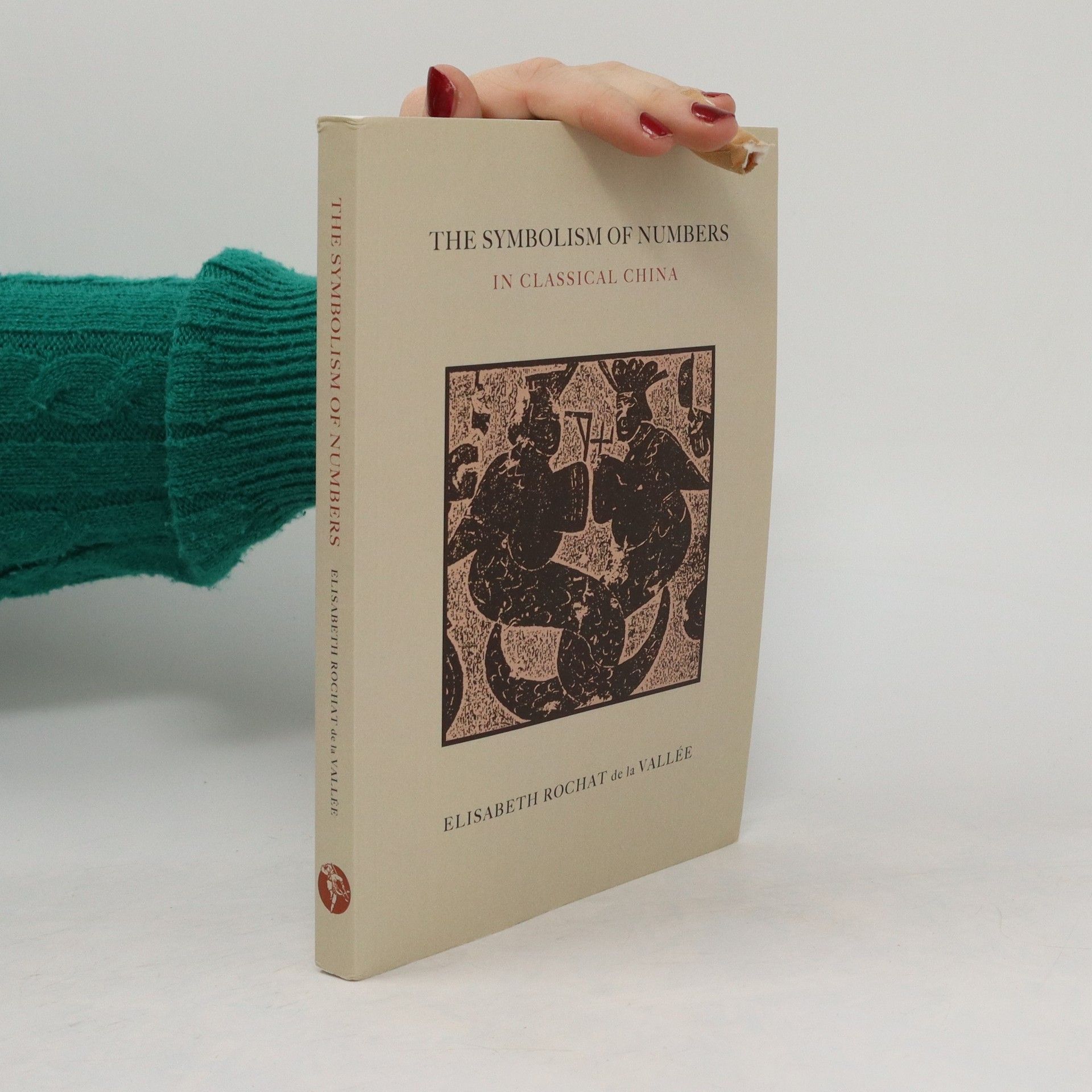Within Chinese medicine the heart is presented as having a double aspect - two functions, two energetic qualities, two meridians. Elisabeth Rochat de la Vallée explores this double aspect of the heart - the heart/mind that regulates emotions and acts as the dwelling place of the spirits, and the heart as governor of blood and the circulatory system - the system which connects and protects.Beginning with a study of the fire element - in both its ‘sovereign’ and ‘ministerial’ aspects, Elisabeth then looks at the relationships between the heart and the blood, the connections with the upper orifices and organs of perception, the emotions, and finally explores the meridian pathways of both heart and pericardium, including a discussion of the main acupuncture points.
Élisabeth Rochat de La Vallée Livres
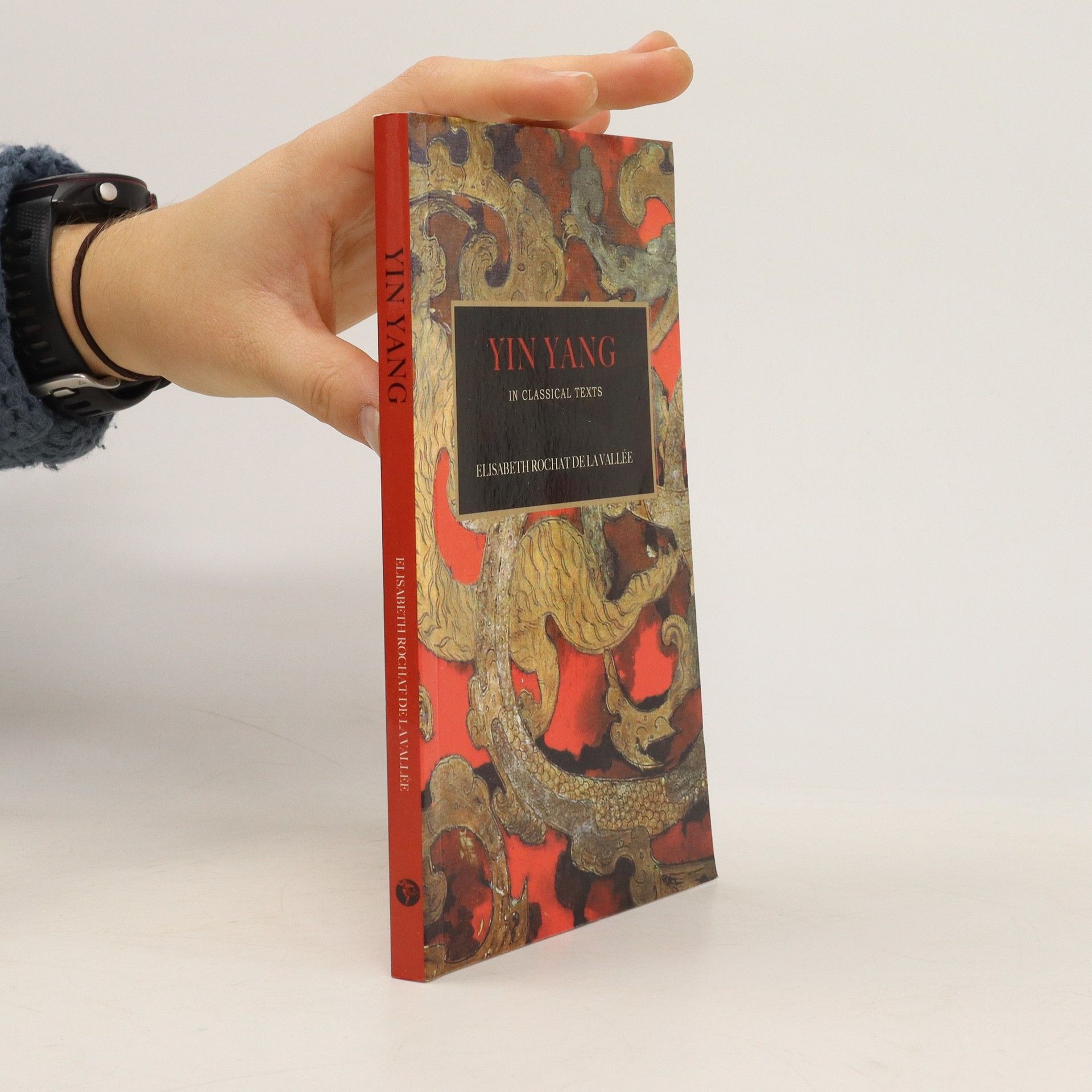
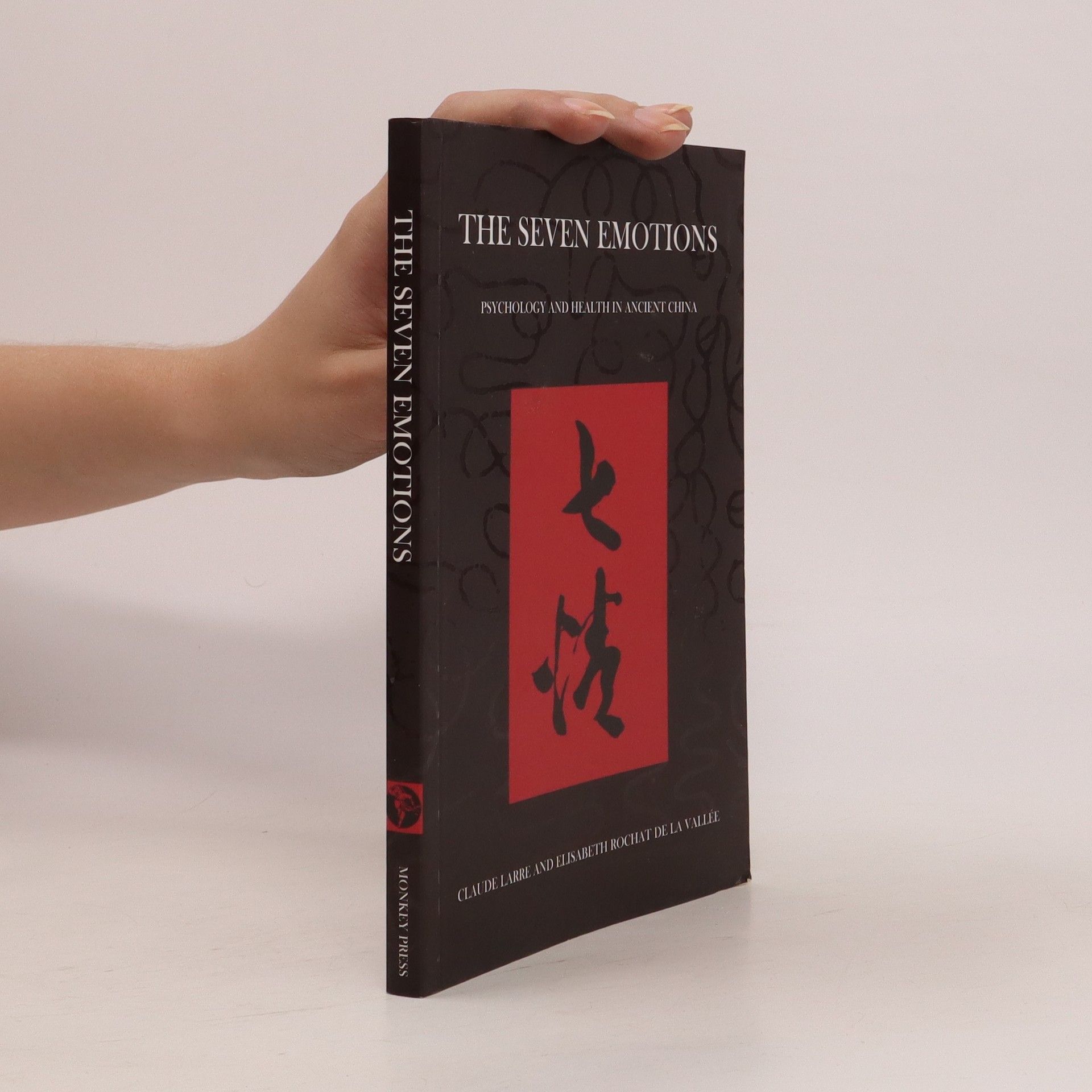
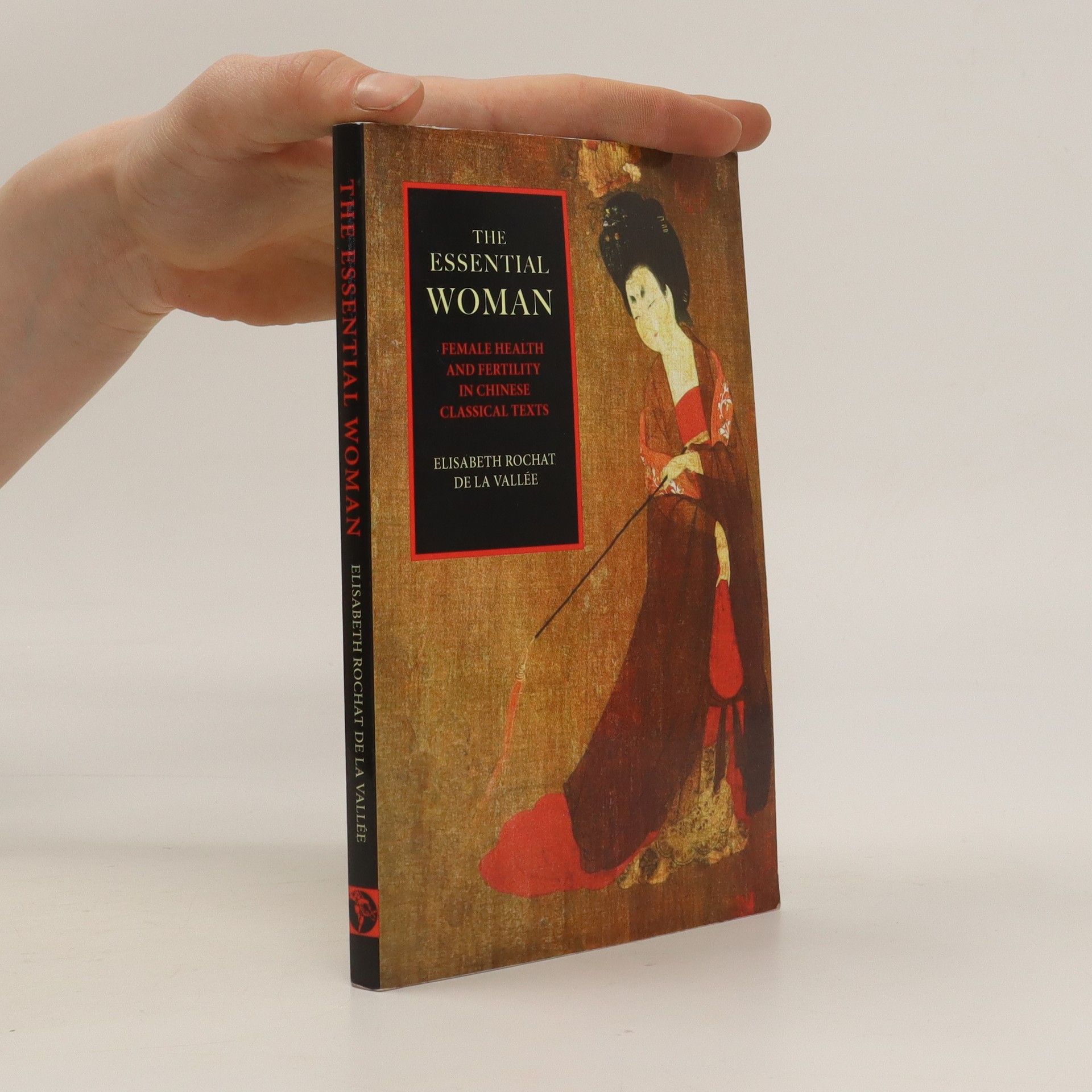
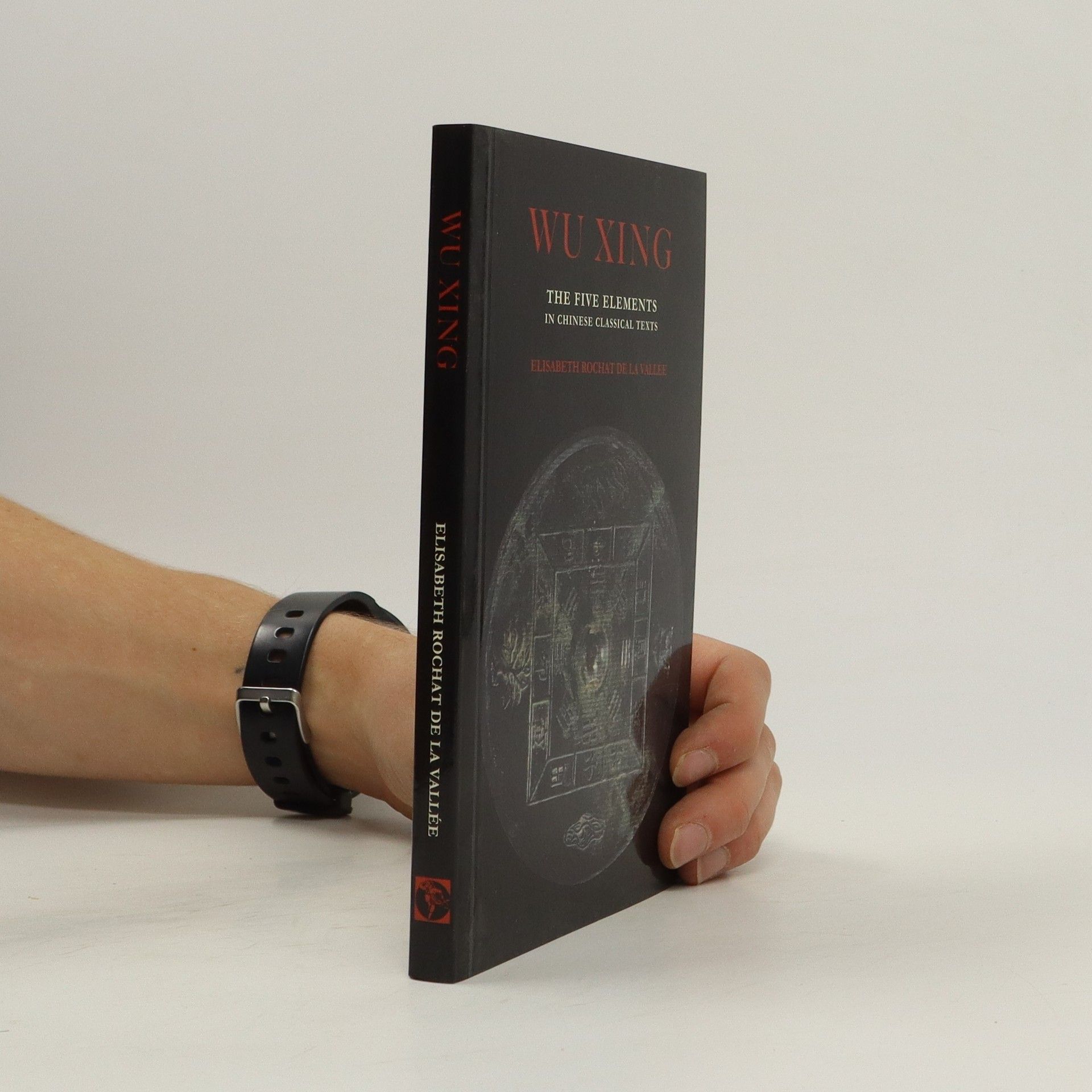
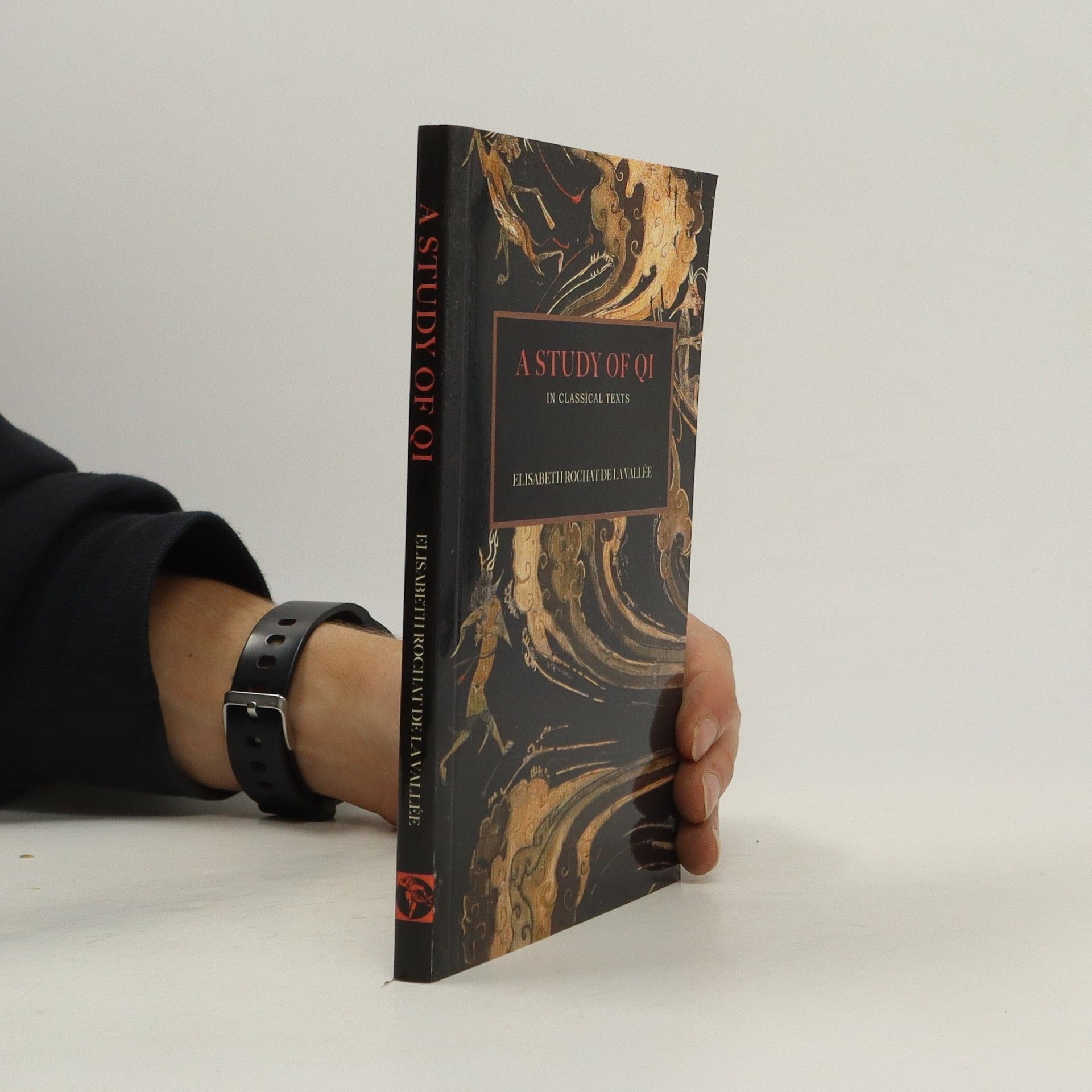
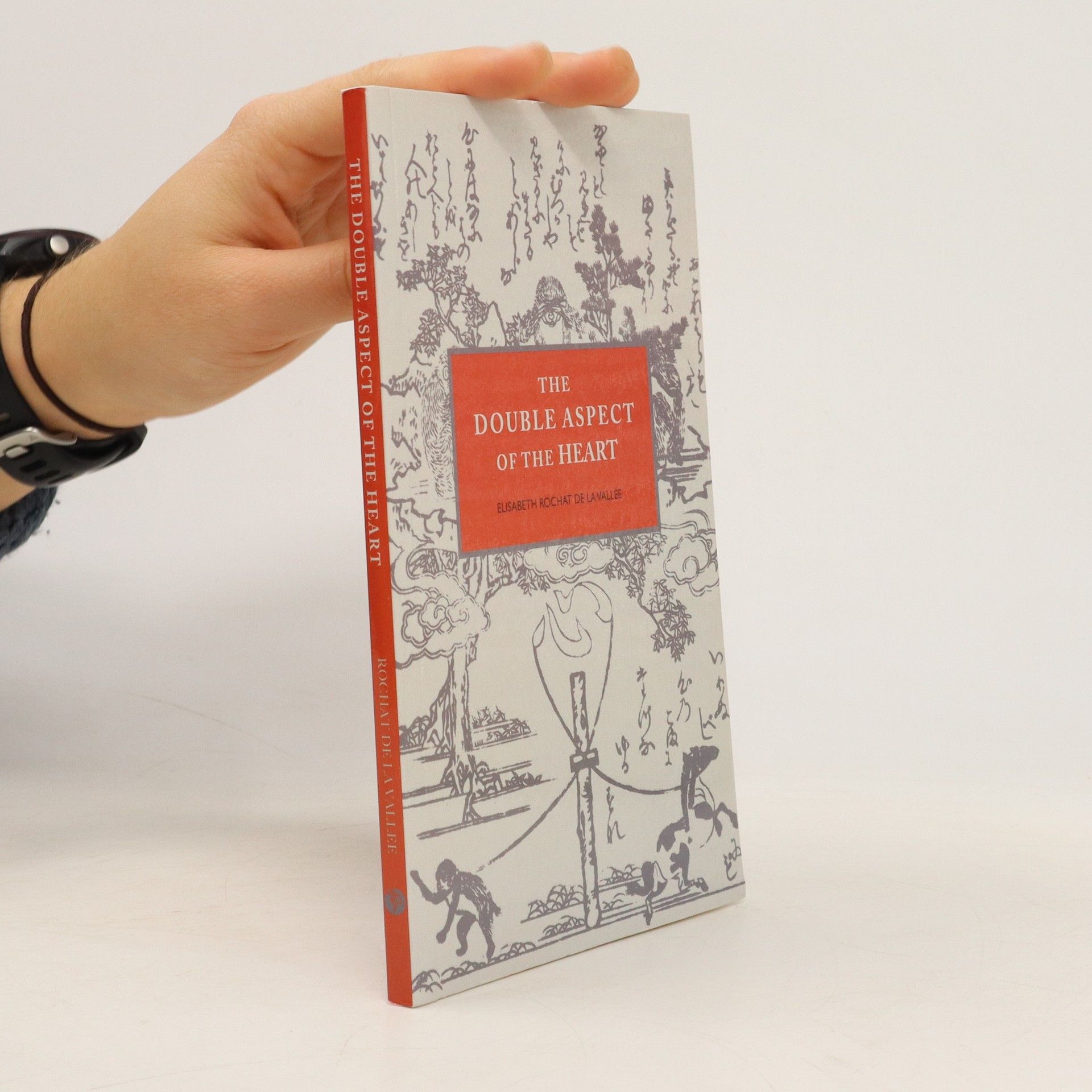
A Study of Qi in Classical Texts
- 125pages
- 5 heures de lecture
This book is an edited transcript of two seminars given in 2004 in London by Elisabeth Rochat de la Vallée. It not only contains detailed descriptions of the various differentiated kinds of qi, but also a wide-ranging philosophical investigation and explanation of the origin and development of the concept of qi itself. It begins by looking at the historical evolution and use of the Chinese character for qi, and goes on to discuss how qi appears in philosophical texts such as the Zuozhuan, Zhuangzi, Mencius and the Huainanzi, and in the medical texts of the Neijing and Nanjing. These give context and depth to our understanding of this ever-present but elusive activity of life. ‘The qi is an expression of the natural order of life. The qi always precedes the form. There is no form if there is no qi.’ Elisabeth Rochat de la Vallée
Wu Xing
- 159pages
- 6 heures de lecture
This fascinating book traces the development of wuxing theory from its early beginnings - where we see the five elements in their literal sense, as the five materials necessary for survival on earth - to its incorporation into the sophisticated cosmological system of yinyang wuxing during the 2nd century BCE. Guiding us through well chosen chapters of the Spring and Autumn Annals and its commentary, the Huainanzi, and the medical texts of the Neijing Suwen, Elisabeth explains the development of these ancient ideas which provide such an important basis for zangfu theory within Chinese medicine
An understanding of women's health is essential to modern Chinese medical practice, yet it has rarely been studied from the classics. In this unique book Elisabeth Rochat draws on a range of Chinese texts both well-known and more obscure. Beginning with the balance of blood and qi she moves on to examine the different roles played by the zang fu and extraordinary meridians in creating and maintaining femininity and fertility. Suwen chapter 1 is discussed in depth, with its full exposition of the seven year cycles of the girl and woman as she commences menstruation, reaches the fullness of her fertility and then moves into menopause. There follow sections on infertility, the menopause, and various menstrual problems. While explaining theory in depth, this book is also supremely practical and will be of great help in the clinic.
The Seven Emotions
- 190pages
- 7 heures de lecture
This book presents a study of the energetics of the emotions. Looking at classical texts each of the seven emotions of Chinese medicine is discussed in detail. The etymology of the characters is examined, pathological and non-pathological manifestations of each emotion are described, and relationships with the various zangfu are explained. With this book the clarity of classical Chinese thinking about psychology and emotion is revealed. It shows how each sensation and display of feeling involves subtle movements of the zangfu, blood and qi, and has far reaching effects on our health and well-being. An appendix gives the Chinese text and a translation. There is also an index of all main concepts.
There is no way to have yin without yang or yang without yin. They are always a double facet of every living being and every phenomenon. And they are fertile, sustaining life only by their deep harmonious alliance.
This introduction to numbers is an excellent handbook, guiding us through the rich complexity of Chinese numerology. Numbers are used to signify the processes of life and the order of the world. They reveal a sequential unfolding, while maintaining a connection to the One, the Unity, which sustains and contains all. Elisabeth Rochat’s The Symbolism of Numbers clarifies and illuminates the frequent referral to numerology in the classical texts, and provides a framework within which to better understand the great foundational concepts of Chinese thought. An appreciation of the symbolism of numbers, which infers quality more than quantity, gives us a deeper insight into Chinese medicine, Daoism, the Book of Changes and other formative texts.
Zdraví a plodnost ženy v klasických čínských textech V této knize se Elisabeth Rochat podrobně zabývá fyziologickou přirozeností ženy a čerpá přitom z řady známých i méně známých čínských textů. Autorka začíná rovnováhou krve a čchi a pokračuje zkoumáním podstaty pao-luo (ochranný obal a děloha) a různých rolí orgánů cang-fu a zvláštních meridiánů při vytváření a udržování ženskosti a plodnosti. V knize je podrobně rozebírána první kapitola knihy Su-wen, kde jsou popsány sedmileté cykly dívky a ženy, zahájení menstruace, dosažení plné plodnosti a potom přechodu do období menopauzy. Následují části knihy zabývající se neplodností, menopauzou a různými menstruačními problémy. I když tato kniha vysvětluje teorii velmi podrobně, je také mimořádně praktická a může se stát skvělým pomocníkem rovněž v klinické praxi.
